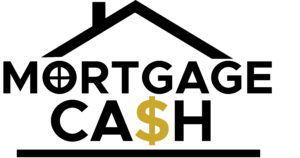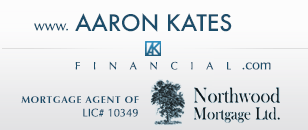Business Date
Did you ever have a business date? If you are in any type of business, then every initial communication with a prospective client / customer should be treated as a date. Your correspondence should not be composed to oversell your image. Instead, you will fair best if you humbly present a confident yet modest business presence.
Those professionals who are surely capable do not even need to sell themselves. Usually their reputation in their industry is well known and leads are sent to them from colleagues. Likewise, potential clients / customers will likely know about the industry leaders from highly acclaimed work / projects.
Pricing one’s product / service is a bit of a conundrum. One does not want to price oneself to low, so as to seem incompetent of completing the work for which one is advertising one’s services. Conversely, one does not want to overprice oneself and be underbid by competitors. How can one function in this type of situation? Perhaps one should inquire with one’s competitors to determine the set market-price for the same service. But certainly, during an initial business communication, whether by e-mail or by phone, one should be sure to not state a set price for one’s work. Rather the initial focus should be on one’s abilities and capabilities to offer the highest quality of work for the project sought.
When a potential client / customer requests prices for services one can professionally reply by sending forward a document known as Fee Schedule. This document will contain a price list for many services, including the specific one inquired about by the potential client / customer. This back and forth communicative process establishes a relationship between oneself and the potential client / customer through a seeming dialogue.
One will need to decide if one should follow-up and also when to do so for an effective result. Not every inquiry is necessarily worth pursuing. One should evaluate the value of the project and by due diligence determine if the potential client / customer can pay one’s fee. Otherwise, one may end up spending valuable time trying to sell a prospective client that will not be able to pay the value of one’s time, even if the said client does pay the set costs of one’s services. One should take stock and consider that even the time spent in communication and following-up with a prospective client is taking away from time that one could actually be working.
If one is able to determine that a prospective client presents as worthy of one’s efforts, then one should be professional in one’s approach. One should let the potential client know of one’s intentions to follow-up on a set day, and at a set time, and request confirmation / permission for so doing. One must be meticulous to do just as one says throughout the sales cycle process. One must call exactly at the time one has promised and one must be sure to have a note pad or computer device handy for taking scrupulous notes of the clients’ requirements for the work to be completed. One should talk less and listen more. This is utmost importance. It is best to let prospective clients sell themselves on one’s services.
I once read article that offered the following advice, which I believe should be applied to most business matters: “Instead of walking into the meeting demanding a higher salary, ask how you can contribute more to the company”. Perhaps this advice applies across the board for all situations. One should be sure that one can do the best job possible and complete the assigned project / work at the highest professional standard – and market oneself as being capable of doing – thereafter one can set one’s fee for service.


